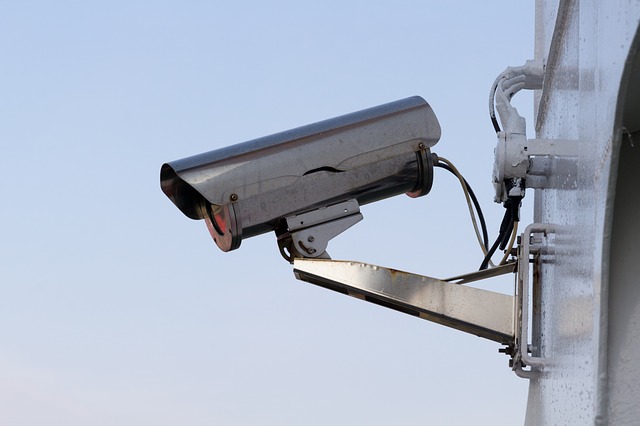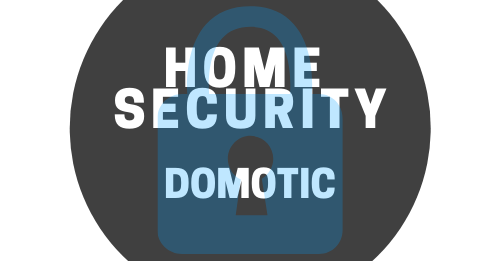Surveillance Camera Installation: Are There Any Restrictions?

To ensure the protection of their property, more and more people are considering installing security devices, including surveillance cameras. However, it should be noted that these devices are subject to specific regulations. Before you embark on this project, make sure you know the restrictions around surveillance cameras.
What Regulations for the Installation of a Surveillance Camera?
First, a private individual has the right to install surveillance cameras on his property to ensure security without applying for permission. However, he must ensure that his surveillance system does not prejudice the privacy of the neighborhood or people passing near his home.
Prohibition on Filming Public Space
The law allows filming the interior of the home and the entire extent of private property. In this case, an outdoor camera must be placed in a place that only films the perimeter of the property: the garden, the entrance, the terrace, etc.. It can extend to the direct vicinity of the home, including the facade, the gate and the sidewalk in front. The cameras are therefore turned towards these locations and not towards the streets.
Prohibition of Filming the Neighborhood
The only objective of the installation of a surveillance camera must be security. It must not infringe on the right to privacy of your neighbors. In this case, installing a camera high up along the facade, which could film his neighbor’s garden, is prohibited by law. Nevertheless, tolerance is granted for the entrances of the property, but a visible sign informing of the existence of the surveillance camera must be affixed. In the case of a private road without any easement of passage, the installation of a camera requires only the authorization of the house’s inhabitants. And if there is an easement of passage, the owner must obtain the agreements of all homes concerned and affix a sign indicating the existence of the surveillance camera.
The Case of Surveillance Cameras Inside the House
Installing a video surveillance device inside the house also has certain restrictions. First, it is necessary to ensure that each person living in the house consents to be filmed and that the surveillance system does not infringe on the image rights of each individual, whether a family member or a guest. In the case of home-based employees, informing them of using a video surveillance system is mandatory. As it is forbidden to film a home worker in his or her every move, the camera location is restricted to places that require their use.
What Does the Law Say About the Installation of Video Surveillance?
To fix the regulations of video surveillance, the law relies on two primary texts, namely: article 9 of the Civil Code related to the protection of private life and article 226-1 of the Penal Code related to the recording of the image of a person without his knowledge in a private place. The provisions taken by the law are to protect the public who is brought to enter the field of vision of the surveillance camera (neighbors, visitors, passersby, …). That is why it is prohibited to film the public highway under penalty of sanctions.
If your surveillance system records images or is able to process them and identify a person, you are obliged to make a declaration of installation to the Commission Nationale de l’Informatique et des Libertés (CNIL).
Now that you are informed about the different regulations governing surveillance cameras, you can have peace of mind and proceed with the installation. Remember to ask for advice from a professional to ensure that the work goes smoothly.
